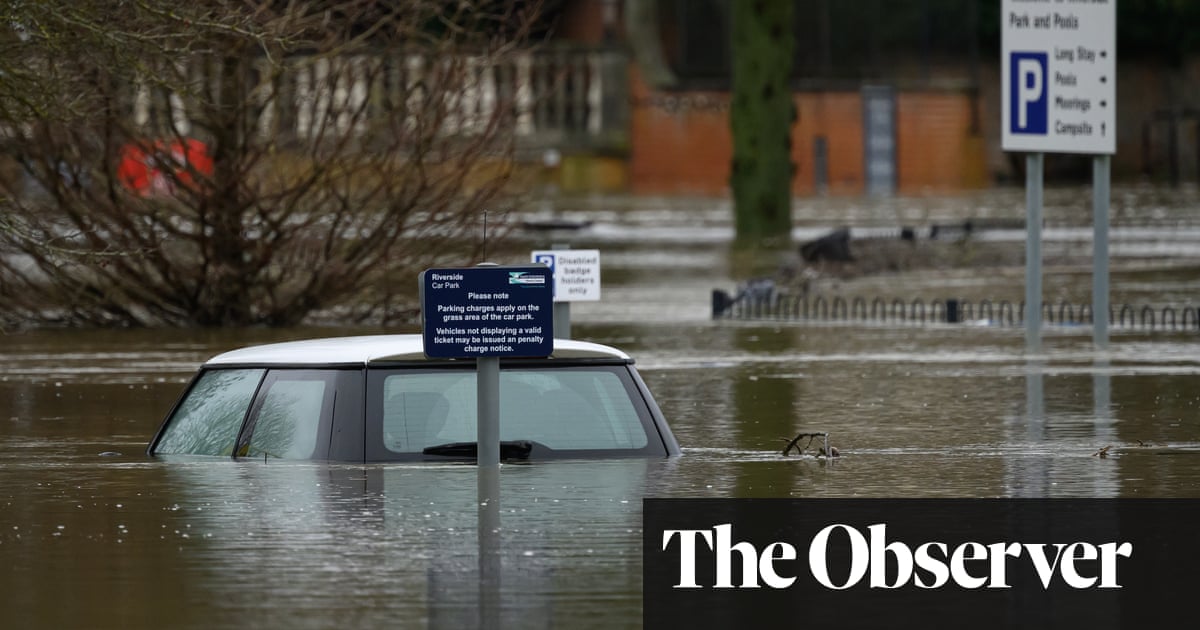
The conversion of the ExCel centre into a field hospital with 4,000 beds is perhaps the most ambitious medical project Britain has seen since the end of the second world war.
It will dwarf all other hospitals in the UK. The largest in the country, until NHS Nightingale opens next week, is St George’s in Tooting, with around 1,300 beds.
Even for military planners, used to operating hospitals under fire or in extreme environments like deserts, the scale is unusual.
Britain’s field hospitals, deployed to conflicts or disaster zones, operate as units of 50, 100 or 200 beds. These can be joined together, but it would take 20 of the largest units to match the capacity of the new coronavirus centre.
Yet in under two weeks, the two kilometre-long halls – usually filled with people planning their future, or marketing their products – will instead be wards, ready to receive an expected surge in coronavirus patients. The exhibition halls make an ideal space for a temporary hospital, and are relatively simple for military engineers to adapt. They have a history of rapid and flexible conversions, including commandeering a cruise ship, the SS Uganda, during the Falklands war and turning it into a hospital ship.
And if the scale of the Nightingale is unusual, at least it comes without many of the usual challenges of setting up field hospitals – providing power and sanitation under tents, in areas without electricity or running water.
“A space like the ExCel centre is ideal, large, with built-in power, sanitation, lighting, all of that stuff you need to go,” said Maj Gen Tim Cross, who commanded a logistics brigade building refugee camps in Kosovo, and later set up a medical brigade.
“In the field, all of those things have to be put in play by engineers. There is also access by road, rail, sea and air.” Nearby City airport has closed to commercial flights, and offered its terminals and runway to the government.
The only major long-term challenge for engineers may be heating the large halls if the weather turns cold again, Cross added.
A video from an engineer working on the project, underlining the scale of the engineering needed to set it up, has gone viral. But the two-week timeline may also be needed to source equipment for the hospital, which will need everything from beds and bandages to a temporary mortuary to handle the dead.
Avensys, a company that resells medical equipment and trains engineers in how to use it, said that supplies of key items including ventilators, beds, oxygen concentrators and infusion pumps are “drying up” nationwide.
They also confirmed the wards at the Nightingale will include ventilators because they have been asked to train engineers to maintain them.
“You’ve got people who know how to fix a syringe pump but maybe don’t know how to fix a ventilator. The training will be on site,” said Dan Sullivan, marketing manager for the company. “It will cover defibrillation, ventilation, monitoring of equipment.”
Once the centre is set up, daily logistical challenges will include feeding thousands of people – patients and medical staff – and providing laundry services to the wards. Medics, drawn from both the military and the ranks of the NHS, are reportedly expected to live at the site, while working for at least six-week deployments.
The military has both catering teams and mobile “bath and laundry” units that could help, but the government may want to try to use commercial firms, particularly as the hospitality sector has been so badly hit by the crisis.
Despite the vast scale of NHS Nightingale, there are also backup plans for two more field hospitals in exhibition centres in Birmingham and Manchester if infections and hospitalisations continue to grow.
To military officials who are used to preparing for the worst – and hoping it never comes – this extraordinary scale of preparation makes sense. “The biggest field hospital I’ve seen is a couple of 200-bed units together,” said Cross, “but this number of beds is sensible planning [for the current crisis].”












